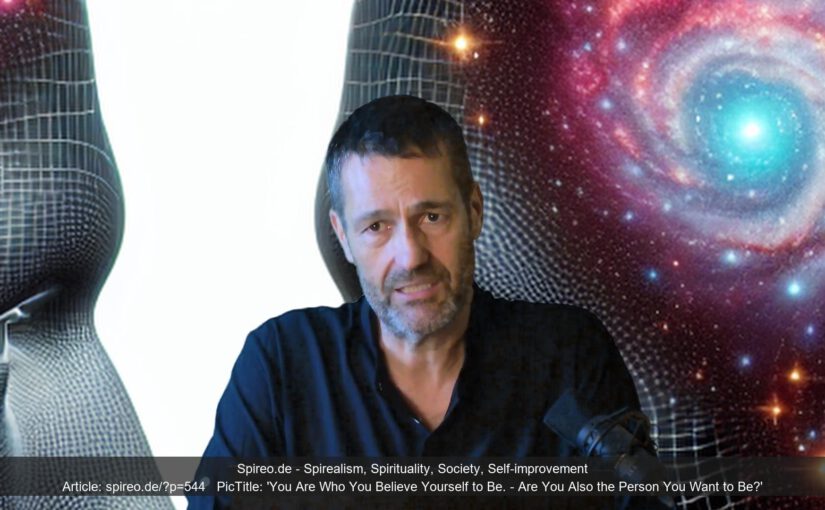The Power of Belief and Personal Conviction
This article explores how strongly our beliefs and convictions shape our lives. Each person is, in essence, who they believe themselves to be. This perspective opens the door to intentionally shaping our self-image and developing traits that align with our ideal self. The concept goes beyond simply imitating certain behaviors; it emphasizes creating lasting change in one’s essence through consistent habits.
The Law of Attraction and Its Impact on Daily Life
Through the Law of Attraction, we can influence our environment and consciously develop into the person we aspire to be. This process involves more than mere wishing; it requires us to deeply focus on the traits we want to embody. For instance, a person aiming to become hardworking and prosperous must consistently nurture thoughts that support these goals. It’s not necessary to acquire symbols of wealth immediately; rather, it’s about adopting the small behaviors that, over time, lead to success and personal fulfillment.
The World as a Mirror of Our Beliefs
A central idea in the article is that the world often reflects back what we show of ourselves. Through our attitude and behavior, we unconsciously mirror our inner self-image, and those around us respond accordingly. This forms the basis of self-perception and shapes how others see us. By making deliberate changes to our behavioral patterns—by establishing new habits—we can gradually alter the image we and others perceive of ourselves.
The Seven Principles of Personal Growth
In Spirealism, there are seven essential principles that support the process of self-realization:
1. Believe in Your Own Power: Develop trust in your abilities and potential.
2. Clarity of Thought: Having a clear vision of who you want to be is key to authentic growth.
3. Consistency and Discipline: Small, daily steps create lasting change.
4. Patience in the Process: Growth takes time and requires patience.
5. Positive Visualization: Regularly envision your goals as already achieved.
6. Resilience in Crisis: Stay strong and do not let setbacks discourage you.
7. Focus on the Big Goal: Keep your main goal in sight and avoid distractions.
These principles provide a structured guide for moving step by step toward a fulfilling and successful life. By aligning with these principles, we can strengthen our entire being and positively impact those around us.
